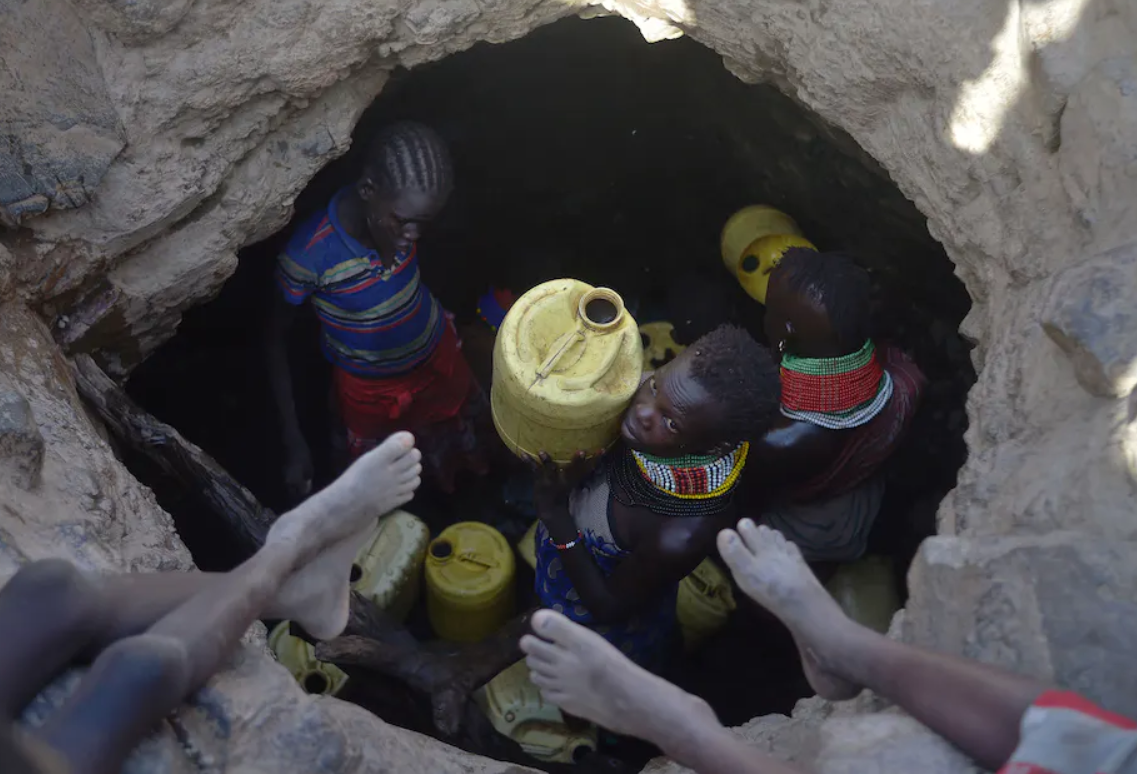Africa’s vast underground water resources are under pressure from climate change – how to manage them. All countries have a variety of water resources – some are on the surface, like rivers, and some are beneath the ground. This groundwater provides almost 50% of all global domestic use and 43% of all the water used for agriculture.
Groundwater is stored in aquifers, which come in a variety of shapes and sizes. They can be accessed in several ways, but mostly by drilling wells. Not all groundwater is useful to us – it depends on whether it’s fresh or mixed with salt and on how deep it is, as this will affect how easy it is to tap into.
Africa’s vast underground water resources are under pressure from climate change – how to manage them
In Africa, groundwater is very important. It supports almost 100% of household and agricultural activities in rural areas. And, because it’s underground it’s protected from evaporation, a crucial resource in a warming climate.
These facts and figures are in a recent World Bank report which unpacks issues facing groundwater in times of climate change. As a groundwater scientist focusing on its sustainable use, I’ve picked out some of the key issues when it comes to managing groundwater from the report. It’s vital that African countries address these as pressure increases on the continent’s water resources, through growing populations, development and changing weather patterns.
Key issues
Ownership of groundwater
Figuring out ownership of groundwater is important for the management of this finite resource. Without a clear understanding of ownership, conflict can happen.
In some countries groundwater is owned by the landowner, in others by the government. Generally, it’s being poorly managed across the continent. In many cases, boreholes used to extract groundwater aren’t even being registered.
Read more: theconversation.com
Photo: theconversation.com


Leave a Reply